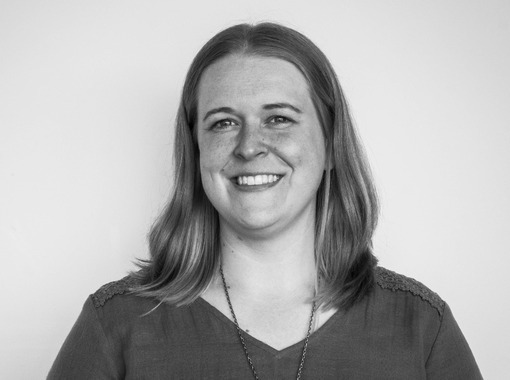Doctoral defence in Industrial Engineering - Helga Guðrún Óskarsdóttir

Aðalbygging
The Aula
Ph.D. student: Helga Guðrún Óskarsdóttir
Dissertation title: A Soft Systems Approach Towards a Theory of Knowledge Worker Productivity
Opponents: Dr. Petri Helo, Professor at University of Vaasa, Finland
Dr. Nina Helander, Professor at Tampere University, Finland
Advisor: Dr. Guðmundur Valur Oddsson, Professor at the Faculty of Industrial Engineering, Mechanical Engineering and Computer Science, University of Iceland
Doctoral committee:
Dr. Rögnvaldur Jóhann Sæmundsson, Professor the Faculty of Industrial Engineering, Mechanical Engineering and Computer Science, University of Iceland
Dr. Jón Þór Sturluson, Chair of the Department of Business Administration, Reykjavík University
Chair of Ceremony: Dr. Rúnar Unnþórsson, Professor and Chair of the Faculty of Industrial Engineering, Mechanical Engineering and Computer Science, University of Iceland
Abstract:
The main purpose of this research is to contribute towards a theory of knowledge worker productivity (KWP). When it comes to KWP there is no single integrated body of knowledge which can be used for analytical and empirical testing and applied to real world problems. Knowledge and research relevant to KWP is distributed through multiple fields of study and at a high level of detail.
This research attempts to explore KWP holistically from an industrial engineering standpoint, by looking at the systems involved. It utilizes the first three activities in the soft systems methodology (SSM) to explore the problem situation, formulate a purposeful activity model for the individual knowledge worker (KW) and debate the situation using the results of multiple literature reviews.
The findings are then used to propose a draft of a holistic framework of KWP relevant to individual KWs and their work. It consists of three papers: (I) A Soft Systems Approach to KWP - Analysis of the Problem Situation, (II) A Soft Systems Approach to KWP:a Purposeful Activity Model for the Individual and (III) Towards a Holistic KWP framework.
To develop a holistic framework of KWP, the interpretations and inferences made cumulatively throughout the journey from the literature reviews and the results of the SSM activities were abstracted into main components and their influencing factors. The main components of the conceptual framework are the state of the individual KW, work done and outcome. Outcome of relevant work can be value for the individual KW, others in the social system and the organization. It is human nature to gravitate towards creating value for oneself, therefore, the organization needs to align their needs with what creates value for the individual KW to maximize value contribution towards their organizational goals and objectives. This can be done by influencing the state of the individual KW, through external factors such as reward systems, culture, support, and relationships, to guide the KW towards engaging in preferred behaviors such as organizational citizenship behavior. There are also internal factors that affect the state of the KW, which are influenced by the KW’s actions, traits, worldview, and interpretation of his environment and experiences. The state of the individual KW affects the KW’s intuition when evaluating work and making decisions in his process of getting things done. This study adds to the literature by giving an overview of the many elements that affect the productivity of the individual KW, abstracting them into key insights and drawing up a simplified and concise conceptual framework. This study also uses a new approach to SSM by adapting it to use inferences made from literature reviews rather than using interviews and discussions with stakeholders.
About the doctoral candidate
Helga Guðrún Óskarsdóttir was born in 1987. She finished a B.Sc. degree in Biochemistry at the University of Iceland in 2011 and a M.Sc. degree in Software Engineering at the University of Iceland in 2014. She has worked at several software companies as a product owner, project manager and middle manager but started her Ph.D. studies in 2016. Helga Guðrún's partner is Ævar Gunnar Ævarsson and together they have two children and one on the way.
Helga Guðrún Óskarsdóttir



